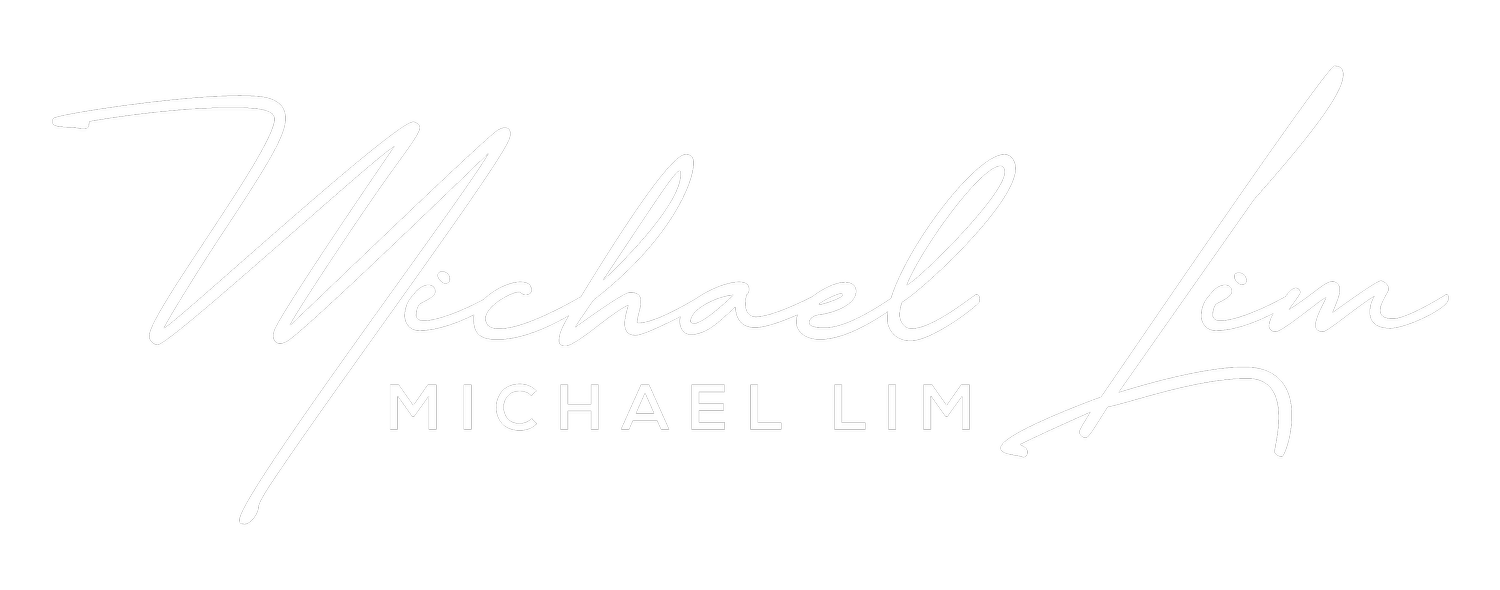Sorry Millennials, You Won’t Become A Millionaire By Penny-Pinching. Do These 3 Things Instead.
Managing expenses is important but quickly reaches a point of diminishing returns.
Photo by Towfiqu barbhuiya on Unsplash
Despite popular advice, you won’t become wealthy by penny-pinching.
Wealth is not created by giving up your $4 lattes and smashed avocado. You can have those things and still create wealth as a millennial.
As I started my financial independence journey, the most common advice I got was to drastically cut down on what I spent. No more coffees, no more eating out, no more fun.
Shut up and eat your canned beans, you peasant.
Most of the books, podcasts, and YouTube videos I absorbed were all about cutting down on expenses. Reduce, reduce and reduce. And then reduce some more.
Uncle Dave Ramsey told me I was an idiot if I bought coffee instead of making it from home.
But while controlling your expenses is important, there is a real limit to how much you can cut down on what you spend before you reach a point of diminishing returns.
The world is telling me that the way I become rich is to spend nothing. Work as hard as possible and enjoy it when I am 65 years old and on a dialysis machine.
I am not saying that managing expenses are not important.
It is.
But using penny-pinching as your only strategy to create long-term wealth is like using a 5kg dumbbell to build a muscular physique. It might work for a time, but it will stop being effective long after you’ve adapted to it.
Penny pinching to build wealth doesn’t work for two main reasons:
You can only cut down on expenses so much before it starts to impact your lifestyle.
The time and energy you spend on cutting costs can take away from increasing your value and income instead.
I have a friend who is meticulous about saving his money. Spreadsheets for every $1 that he spends. Endless research about the cheapest deals. Constantly stressing about how much things cost.
He spends so much of his valuable time and energy trying to cut costs; he has no time and energy to create a plan for increasing his income.
He once deliberated for 30 minutes on whether to spend an extra 20cents on a can of tomatoes. I exaggerate. But not really.
Not only does this not help him build wealth, the stress and psychological anguish this causes him can make him a nightmare to be around. Don’t be that guy that worries over saving $1. Life is too short.
Here’s what you should do instead.
Focus on managing expenses AND increasing your income
I buy a $4.70 small latte every day.
If that sentence doesn’t give away that I live in Melbourne, the coffee center of the world, I don’t know what else will.
For a small-time, I gave up my morning coffee because I wanted to make Uncle Dave proud of me. I felt a smug sense of bravado every time I snubbed my local barista for homemade coffee. Sorry again, Kevin.
“I am building wealth,” I mistakenly thought to myself.
But as someone who works from home most of the time, I really enjoyed the morning walk, brief social interaction, and ritual of getting a coffee. I was also supporting a locally owned and operated cafe.
I did the maths.
Even if I buy a coffee every day, I would be spending $1,715 ($4.70 x 365 days) per year. While it is a lot of money, it was small in the grand scheme of things.
I was spending so much time and effort cutting down on coffee and other small expenses, that I lost focus on what’s an even better wealth builder: increasing my income.
Once I reduced all the big expenses in my life: transport and housing, cutting out the cost of coffee were tiny in the grand scheme of things.
Instead of constantly feeling guilty about buying coffee, I focused on improving my writing skills to produce more value in my articles. I used the energy to attract sponsorship to my podcast and win more freelance clients.
The value I created by doing this?
$30,000 of podcast revenue.
$25,000 of freelance income.
$500 per month from Medium.
How does that $1,715 look right now? Tiny.
Don’t be pennywise but pound foolish. Managing expenses works but should be used in conjunction with increasing your income. Once you take care of the big expenses. Forget the rest. Focus on increasing your value and income.
Focus on your preserving your time and energy, not saving a couple of dollars.
I don’t like cooking or cleaning. So I outsource both. I will happily pay someone to do tasks that take my energy away from me and save me time throughout my week.
Cooking every day would take me around 1–2 hours of my day. Those are valuable hours I could be using to improve my skills and work on projects that I can add or produce more value.
I will use my money to add more convenience to my life. I will happily pay for Uber Eats or eat out at a restaurant instead of having to spend time shopping, preparing, cooking, and cleaning my meals.
People are stingy with their money when they should be stingy with their time. You can always make your money back. You can never get your time back.
Instead of spending 2 hours per week on cooking, I can reuse that time to do an online course, plan content for Medium or just relax and do nothing.
Outsource administrative or logistics tasks in your life that you don’t enjoy doing and produce no value. Spend more time on building skills and working on things that produce that 1% improvement every day.
Don’t lose the forest for the trees. Time is your most valuable asset. Money should be used to buy back time. Time should never be used to buy back money.
Focus on building multiple sources of scalable and passive income.
“If you don’t find a way to make money while you sleep, you will work until you die.”
— Warren Buffett
Tom Corley’s study of 233 millionaires revealed the key difference between lower-earning individuals: multiple streams of income.
He found that:
65 percent of millionaires had three streams of income
45 percent of millionaires had four streams of income
29 percent of millionaires had five or more streams of income
I’ve got good and bad news for you.
Here’s the good news.
With the internet, starting multiple sources of income is easier than ever. There are few gatekeepers and more platforms to monetize your content. Pick a hobby you enjoy doing and monetize it. It’s that simple.
Here’s the bad news.
Building up multiple sources of scalable income is hard. It took about a year and a half to develop the writing skills to make more than $500 a month on Medium.
But now that I’ve got the skills and a bigger audience, my returns are exponential rather than linear. I was lucky to make a couple of dollars for each article I wrote; now most articles I write make $10 or more.
There is no guarantee that I will make any money, but there are also no limits to how much I can learn. You can theoretically grow 100% every year in income or audience base.
Invest your time building scalable sources of income. Even making an additional $100 per month can be life-changing. I guarantee that once you make your first $1 online, you’ll be hooked.
Summary:
Focus on the big rocks in your life.
Managing expenses is only one of many strategies you should be using to build wealth. It shouldn’t be your only strategy.
Once you’ve reached the ‘goldilocks’ zone of reducing expenses, it’s time to focus your energy on increasing your value and income instead.
If you obsess over only one metric (savings rate), you lose perspective on what’s really important.
I’ve never heard of someone becoming a millionaire when they stopped buying their $4 coffees or convenience food.
Your growth in income, amount of free time, skills, and type of income sources are a greater builder of your wealth.
___________________________________________
If you enjoyed this article, you can connect with me HERE.
You can also support more of my work by becoming a Medium Member using my referral link: michael-lim.medium.com

